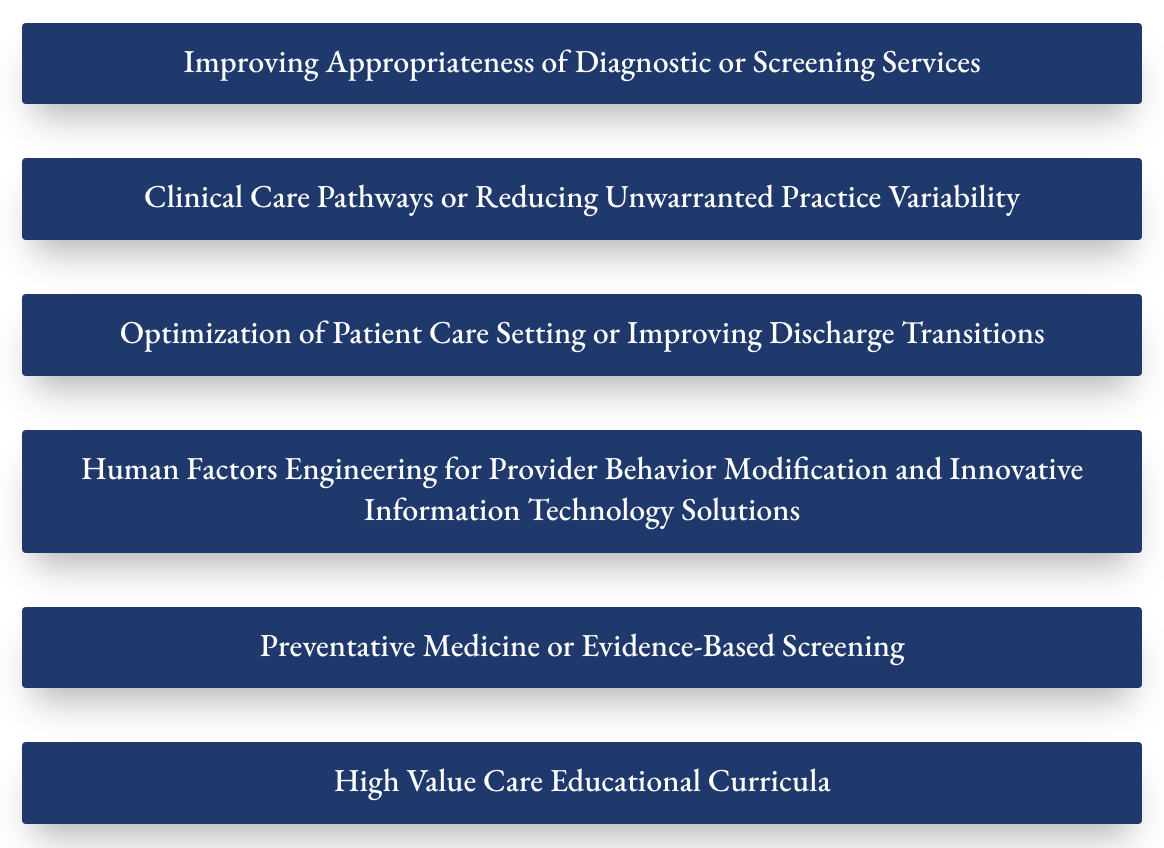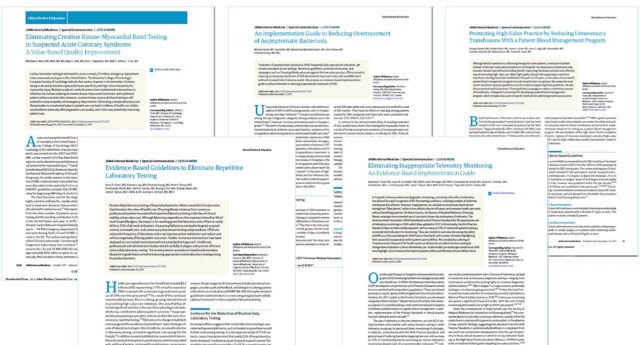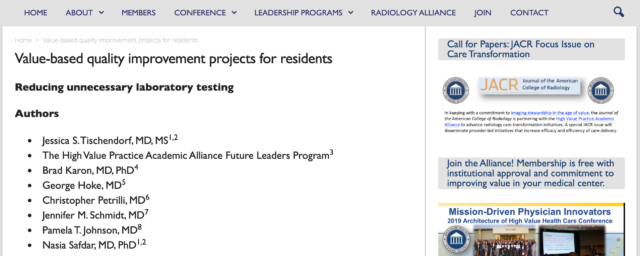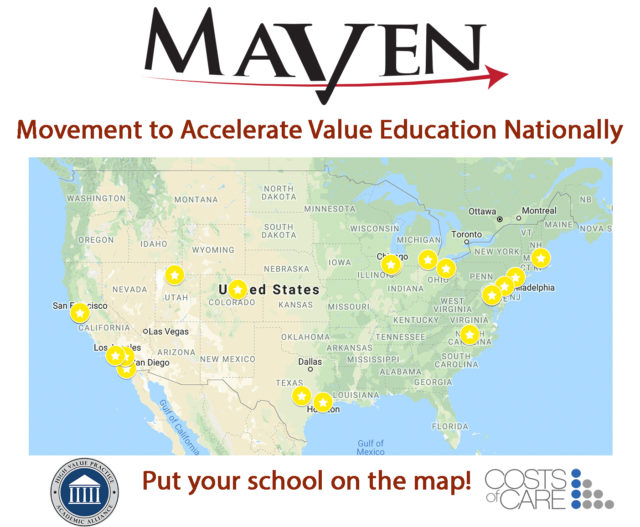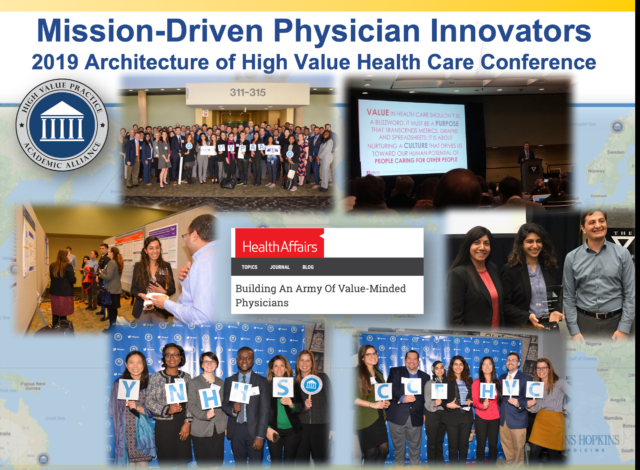From the 2023 HVPA National Conference
Nirja Shah B.S. (University of Florida College of Medicine), Theodore Wang B.S., Jonathan Fakhry B.S., Abeer Dagra B.S., Miranda Reid B.A., Amica Lertkitcharoenpo B.S., Payton Campbell B.S., David Gorlin B.S., Heather Harrell M.D.
Purpose:
Equal Access Clinic Network (EACN) is a group of student-run free clinics at the University of Florida College of Medicine (UFCOM) that provides a wide range of medical services to underserved members of the local community. Our team developed a High Value Care (HVC) Competition to encourage UFCOM students to identify value-based deficits within EACN, and develop innovative solutions to improve patient care while also integrating concepts of value-based medicine. This competition aligns with our college’s Health Systems Science (HSS) pillar, which covers high quality value-based health care.
Approach/ Methods:
Medical students at UFCOM volunteered to participate in a competition aimed at facilitating student-led quality improvement (QI) of EACN. Participants were organized into teams and instructed to identify an opportunity to promote HVC at EACN. They reviewed evidence-based educational materials pertaining to QI and HVC, and utilized SMART (Specific, Measurable, Achievable, Relevant, and Time-Bound) goals to develop project proposals that address unmet needs, increase efficiency or improve outcomes at EACN.
Students presented their proposals to peers and a panel of judges that included the medical student director of EACN, QI faculty, and the medical education dean. All participants received feedback and were offered faculty mentorship to implement their projects and measure outcomes. A post-competition survey was conducted immediately to receive feedback, and a survey at nine months to assess participant progress.
Results/ Outcomes:
Seven groups (17 total students) participated in the competition. Three groups focused on valuing patients’ time by streamlining the clinic experience, two addressed improving access to psychotherapy, one focused on improving after-visit communication forms, and one was a research needs assessment proposal.
Five groups stated that the competition helped them think more critically about the healthcare system. The teams also believed that the competition helped them connect with stakeholders (6/7), faculty (4/7), and like-minded students (4/7). Nine months following the competition, teams report they successfully reduced patient wait time by 10%, noted an increase in free therapy night referrals, and are presenting this research at a national conference. Four teams express an interest in participating in this competition again next year.
Discussion:
Most medical schools have student-run clinics that allow opportunity for medical students to treat patients and identify socioeconomic barriers to quality health care. These systems provide a training platform to implement HVC and HSS principles in a real-world setting that could improve patient care through proposed QI projects. Engaging students in HVC early lays the foundation for them to become physicians who strive to optimize health systems from the patient to the population level. In future iterations of this project, we plan to integrate the competition into the HSS curriculum as a capstone project, as well as expand the scope to include Street Medicine and Mobile Outreach programs at UFCOM.
Significance:
There are over 110 student run free clinics in the US which provide care for underinsured and underserved patients. We describe a method by which educators may take advantage of these clinics to augment teachings of HVC principles and quality improvement. If implemented yearly, the format of the competition also creates a paradigm by which medical students may iteratively improve student-led clinics through their proposed quality improvement projects. Our findings suggest that medical schools may improve the experiential learning provided by student-run free clinics by incorporating a similar HVC competition methodology.
